

 Sflow
Sflow





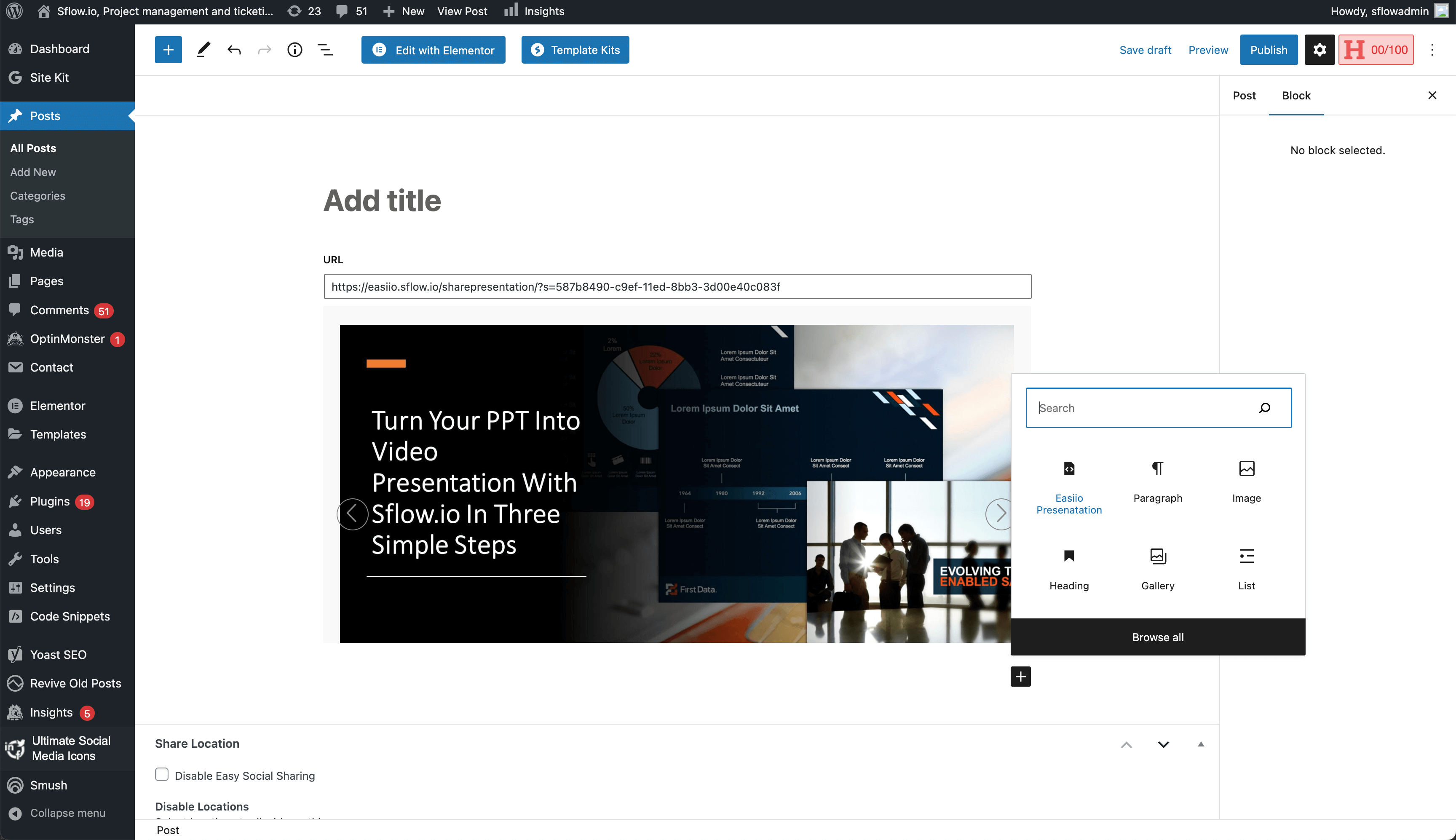
WordPress Plugin
The sFlow Video Presentation WordPress Plugin lets you embed video presentations effortlessly on your WordPress website or blog, without worrying about compatibility issues.You can do a search on WordPress Plugin. It's easy to use and integrates smoothly with WordPress, making it perfect for business owners, educators, or anyone who wants to add engaging video content to their website.
 Sflow
Sflow








WordPress Plugin
The sFlow Video Presentation WordPress Plugin lets you embed video presentations effortlessly on your WordPress website or blog, without worrying about compatibility issues.You can do a search on WordPress Plugin. It's easy to use and integrates smoothly with WordPress, making it perfect for business owners, educators, or anyone who wants to add engaging video content to their website.


Project management phases refer to the distinct stages that a project goes through from initiation to completion. These phases typically include initiation, planning, execution, monitoring and controlling, and closing. Each phase has specific objectives, deliverables, and tasks that need to be completed in order to move on to the next phase. The purpose of dividing a project into phases is to provide structure and organization, allowing for better control and management of resources, time, and budget. By following a systematic approach through these phases, project managers can ensure successful project delivery within the specified constraints.
Project management phases are essential because they provide a structured approach to managing and executing projects effectively. By breaking down the project into distinct phases, such as initiation, planning, execution, monitoring and controlling, and closing, project managers can better organize tasks, allocate resources, and track progress. Each phase has specific objectives and deliverables, ensuring that the project stays on track and meets its goals within the specified time frame and budget. Overall, project management phases help streamline the project management process, improve communication among team members, and increase the likelihood of project success.


Project management phases are essential for ensuring successful completion of projects within the specified time frame and budget. The initiation phase involves defining project objectives, scope, and stakeholders. The planning phase includes creating a detailed project plan, schedule, and budget. The execution phase involves implementing the project plan and managing resources effectively. The monitoring and controlling phase focuses on tracking progress, identifying and addressing issues, and making necessary adjustments. Finally, the closing phase involves completing deliverables, obtaining client approval, and documenting lessons learned. These phases are crucial in guiding project managers through each stage of the project lifecycle, ensuring efficient and effective project delivery.

Leverage the power of agile methodologies and AI tools to enhance team collaboration and project success.

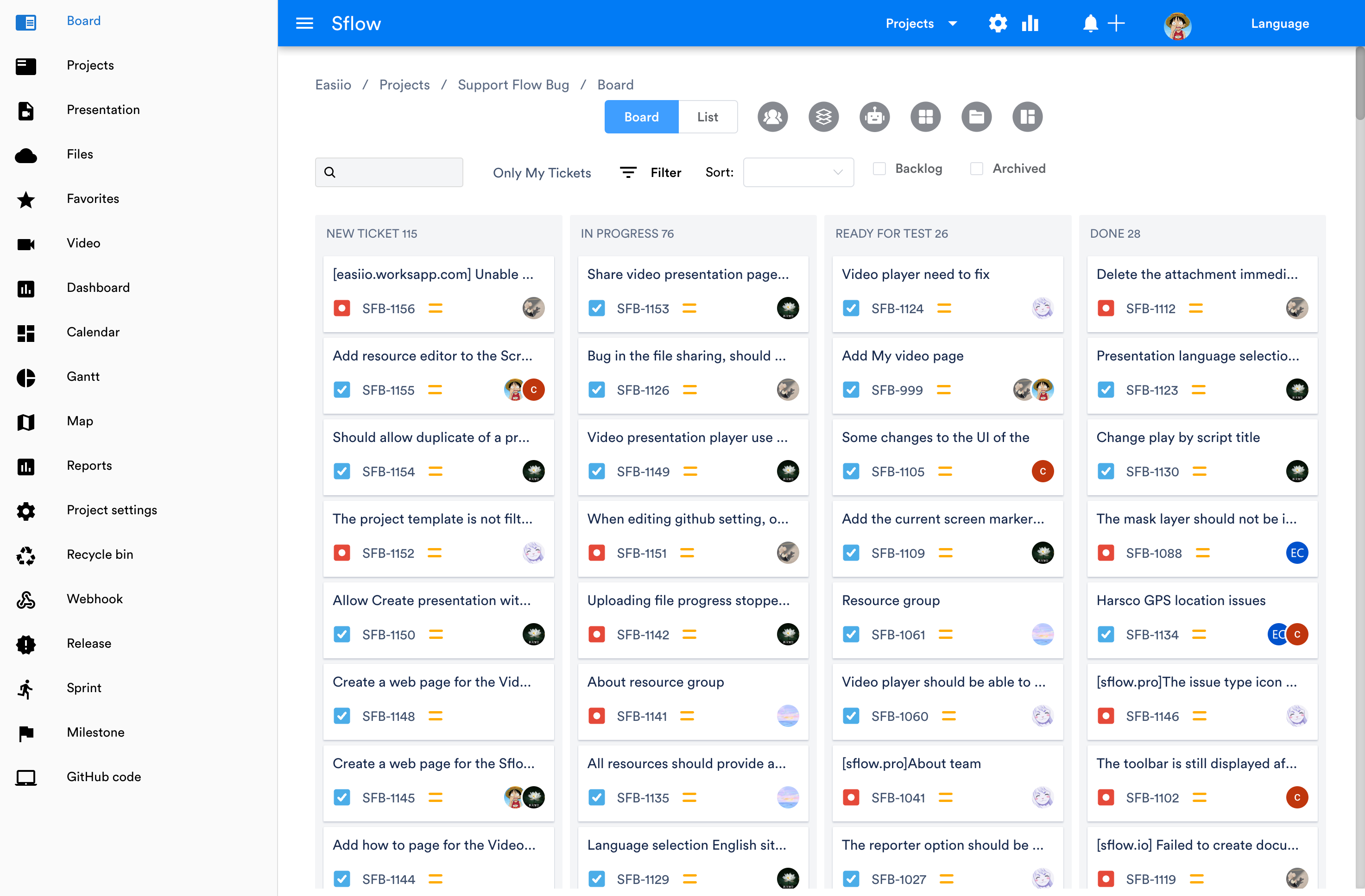

01. Kanban view
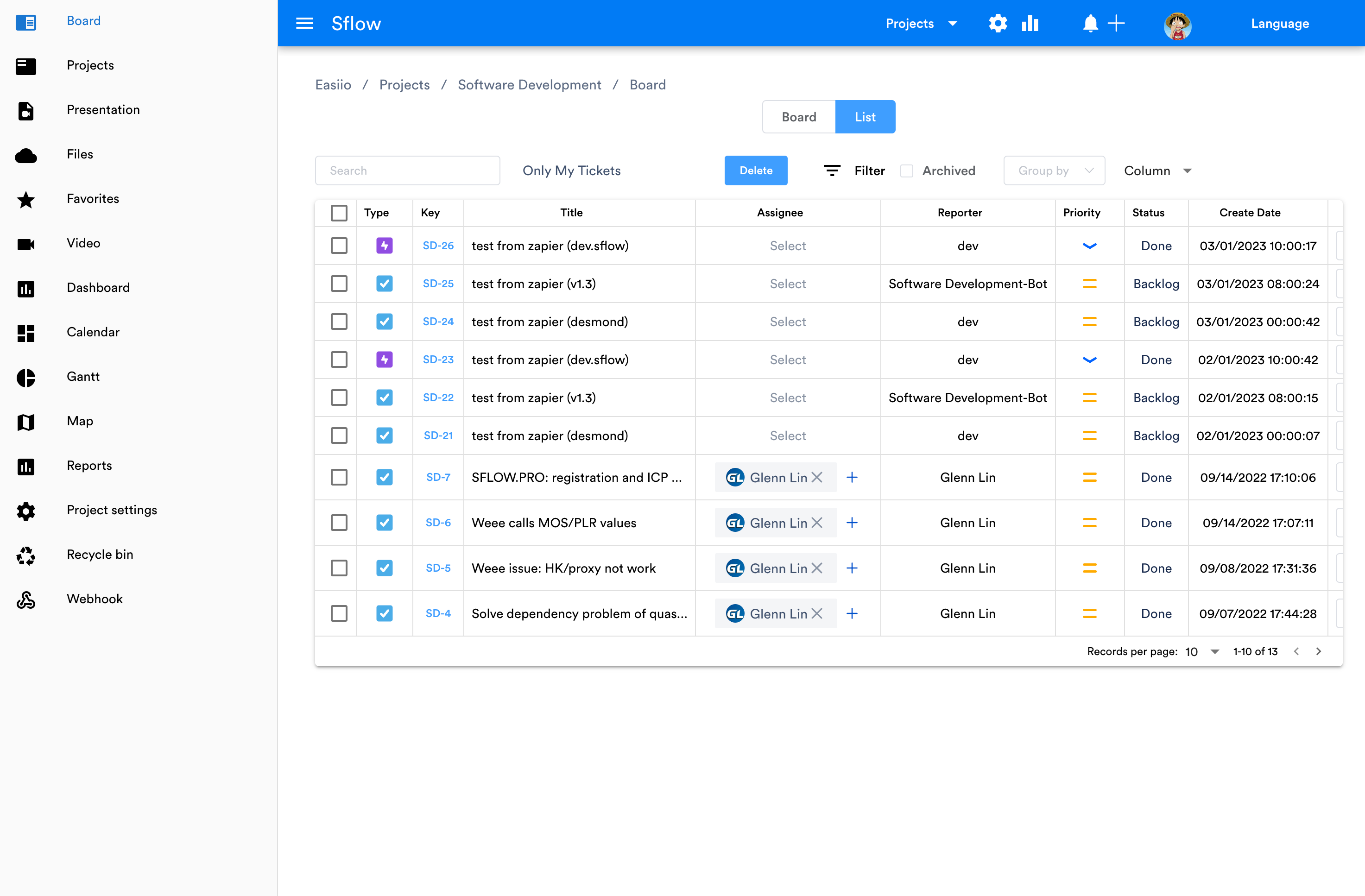
02. List view
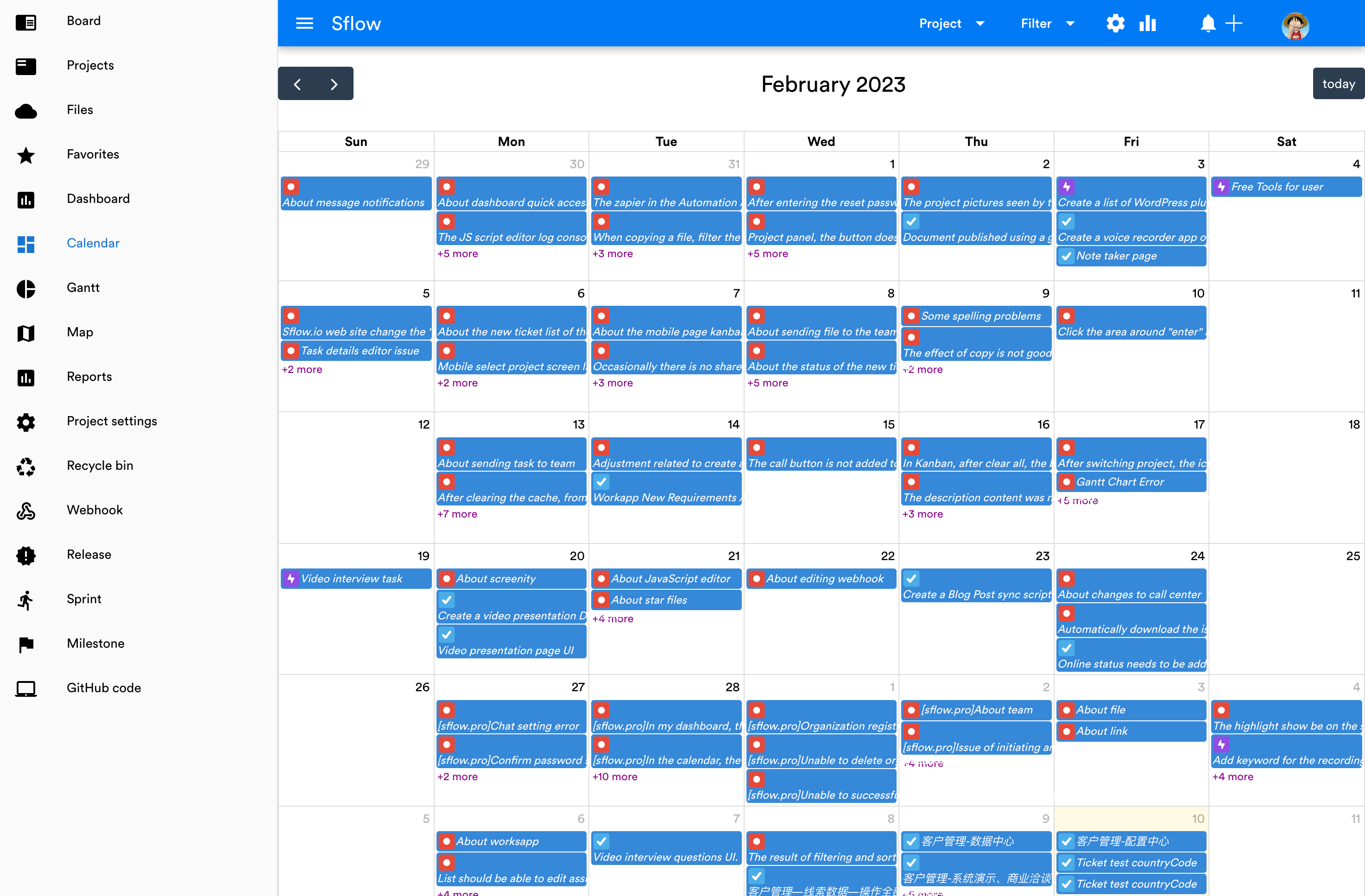
03. Calendar view
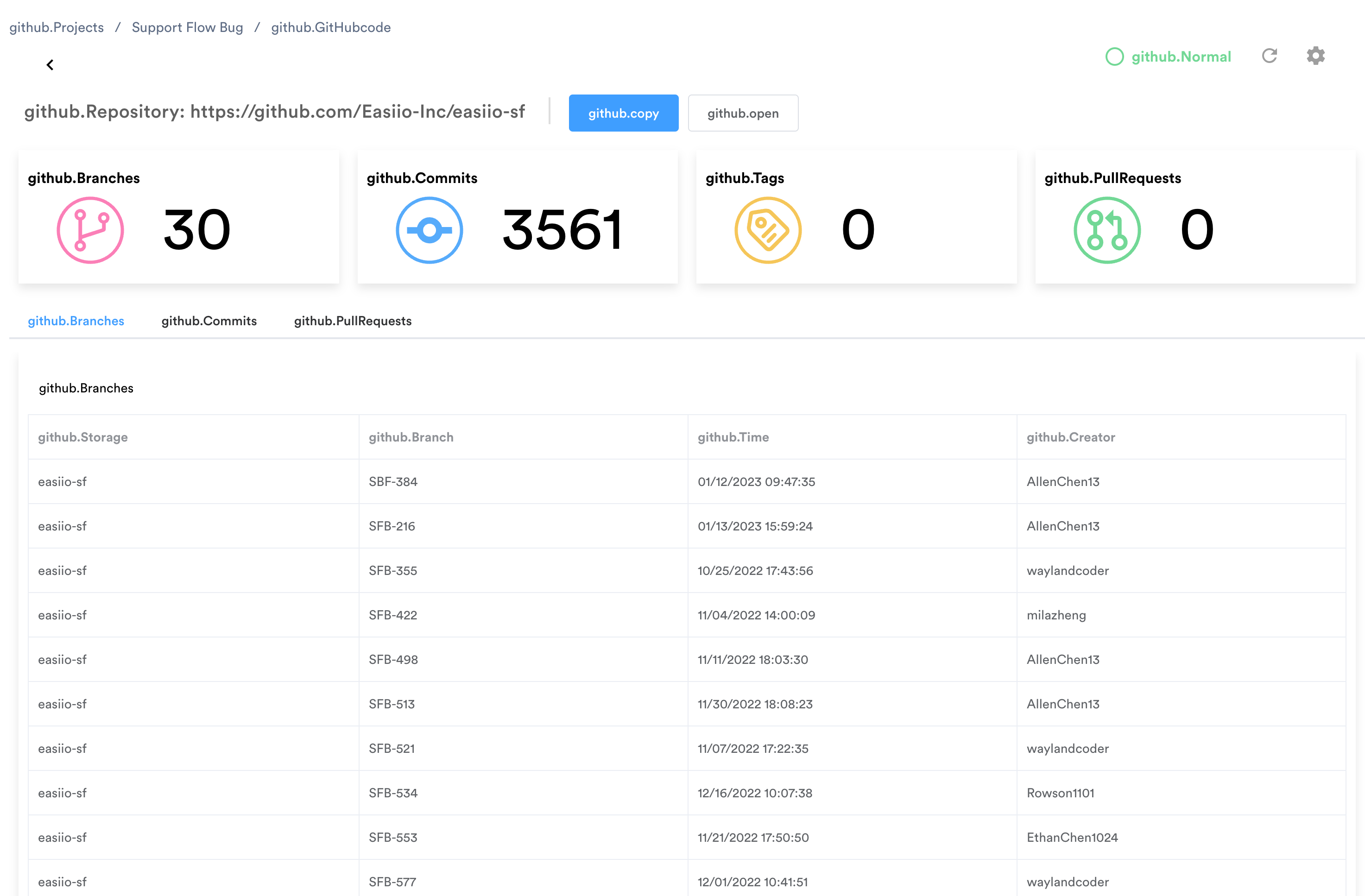
04. Github integration
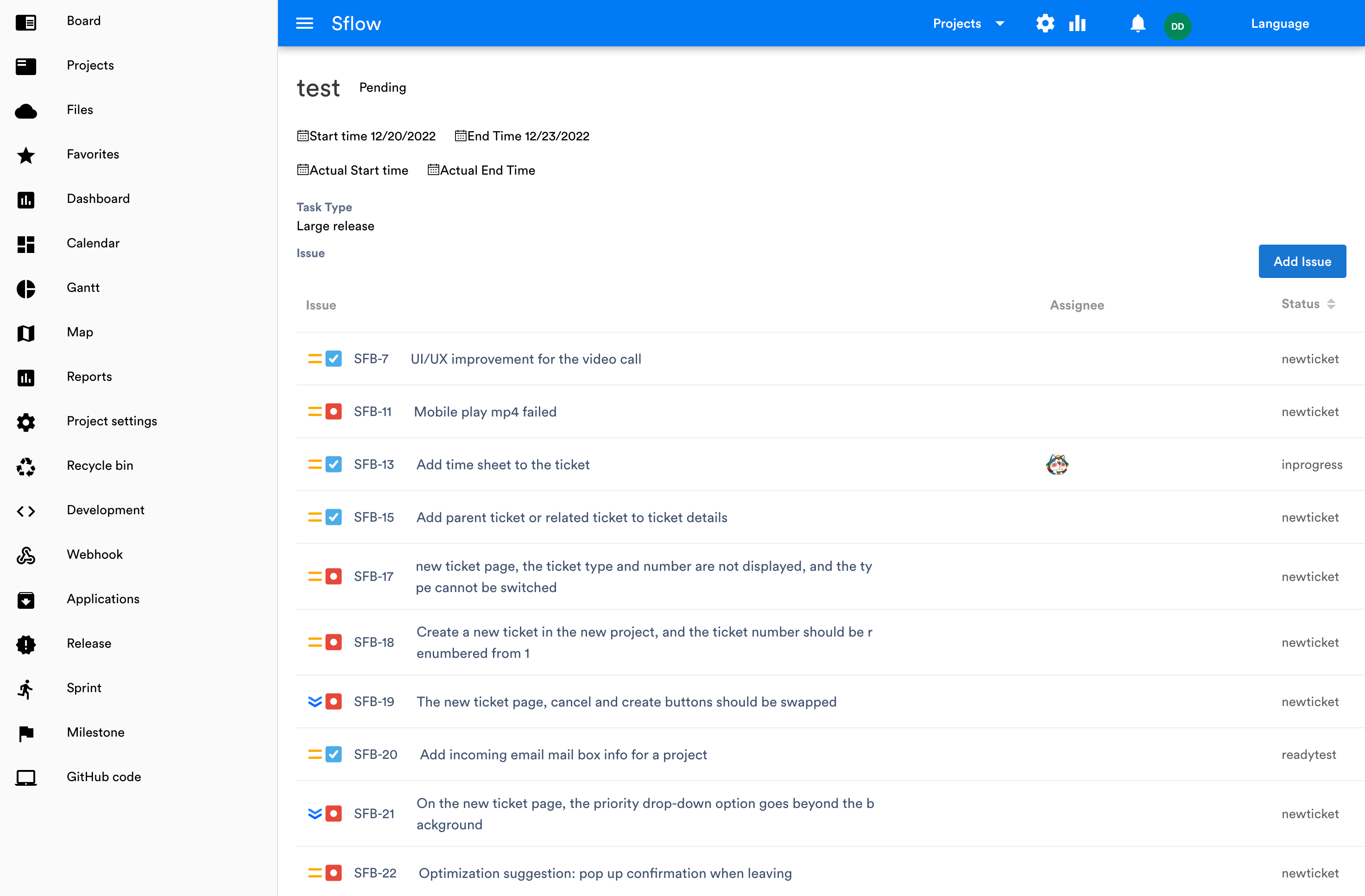
05. Sprint
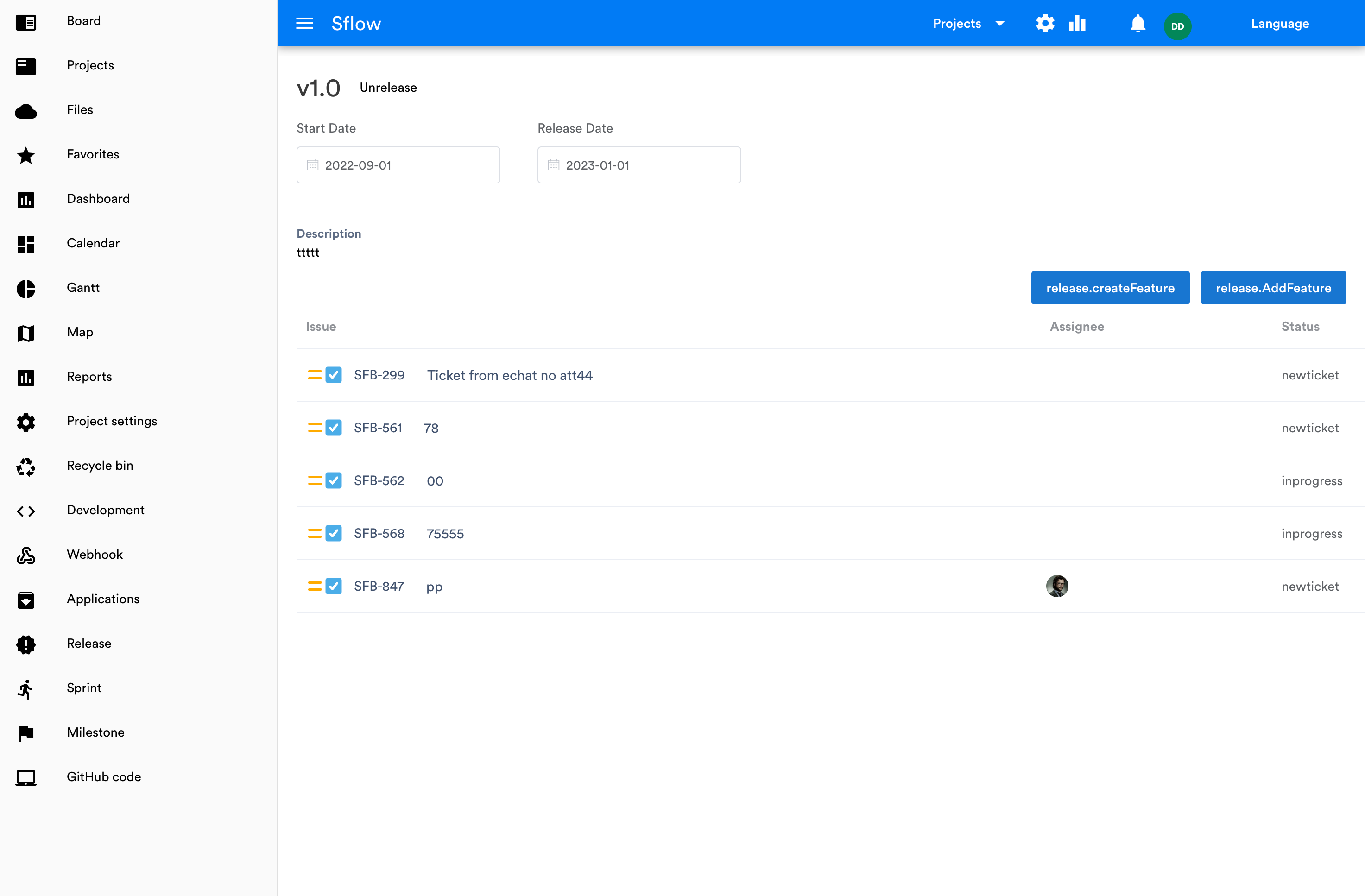
06. Release
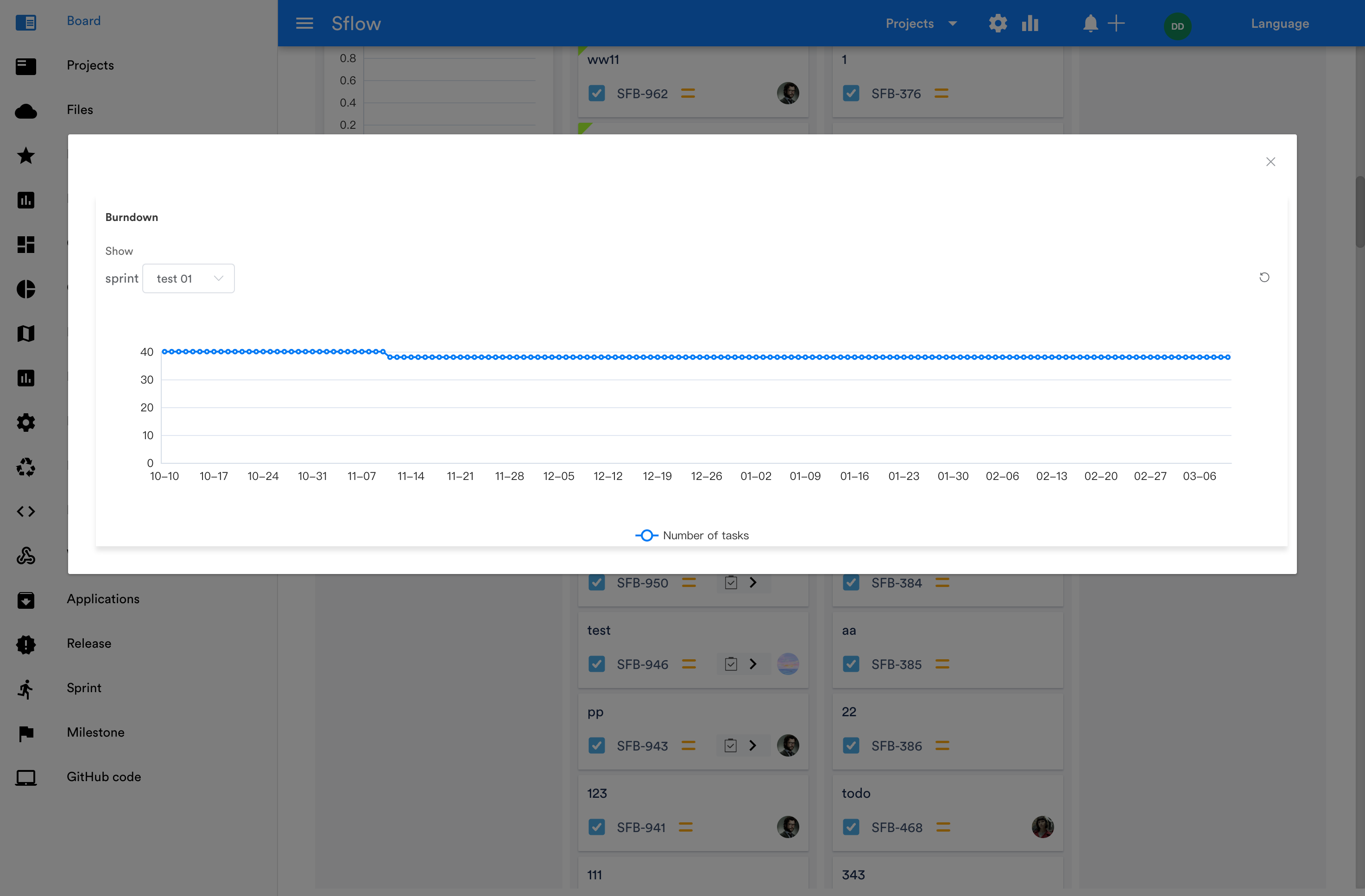
07. Burn down chart
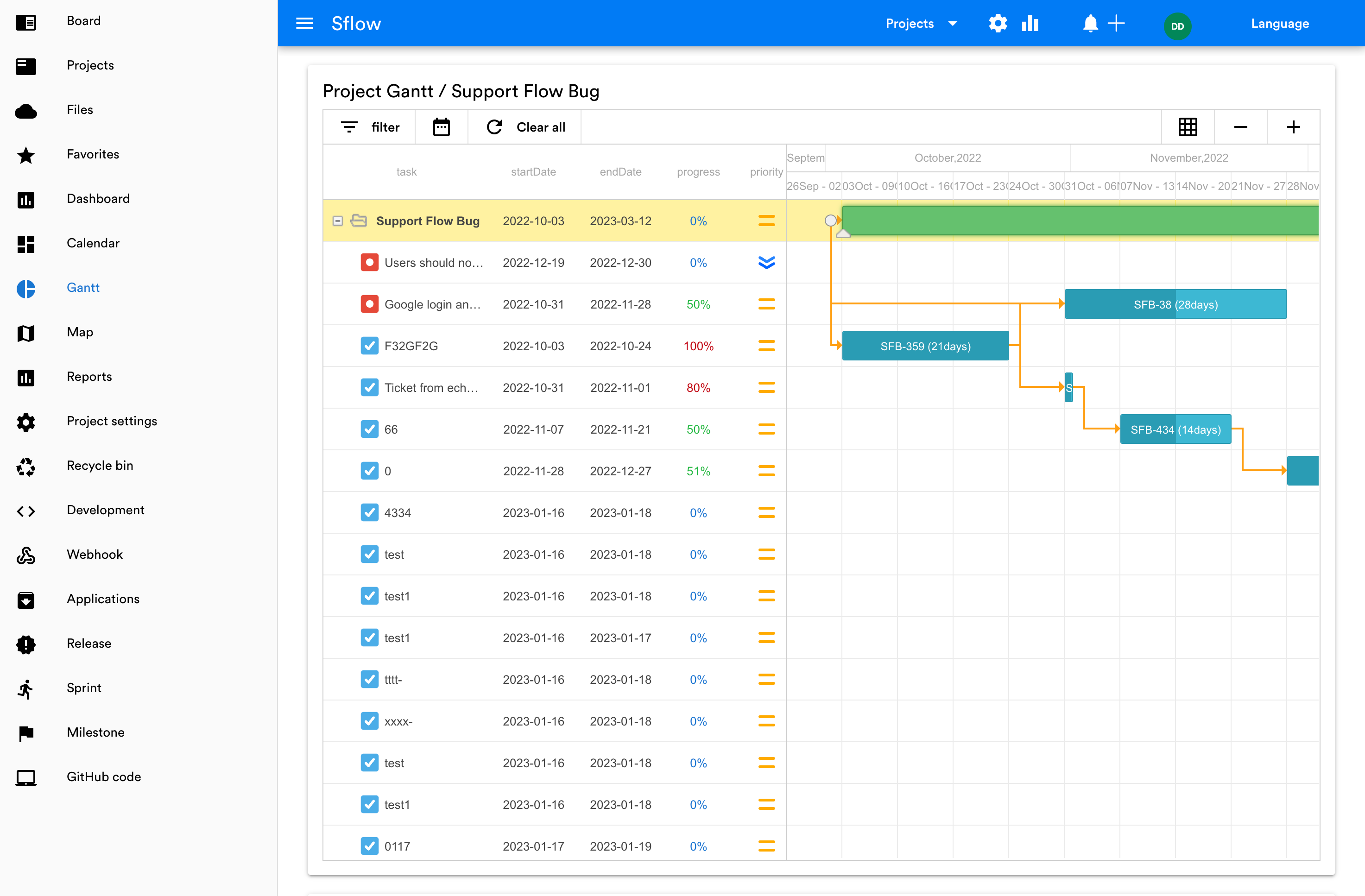
08. Gantt chart

Agile methodologies are widely used in software development for iterative progress and continuous improvement.

Agile project management helps in planning and executing marketing campaigns with flexibility and adaptability.

Agile facilitates rapid prototyping and iterative feedback in product development.

Agile methodologies ensure efficient and adaptable event planning and execution.Agile methodologies ensure efficient and adaptable event planning and execution.

Agile tools improve team communication and collaboration, leading to better project outcomes.

Agile methods allow for quick adjustments based on feedback and changing requirements.

Agile tools streamline workflows and reduce bottlenecks, enhancing overall team productivity.

Continuous testing and feedback in Agile ensure higher quality deliverables.

Agile reduces waste and focuses on delivering value, leading to cost savings.

Agile methodologies encourage regular project reviews and updates, increasing team transparency regarding project progress and goals.

InnovateTech Solutions Chief Product Officer

BrightWave MarketingCampaign Strategy Director

Precision Manufacturing Group Project Management Director
By using Your Website Name,
you agree to our Cookie Policy.